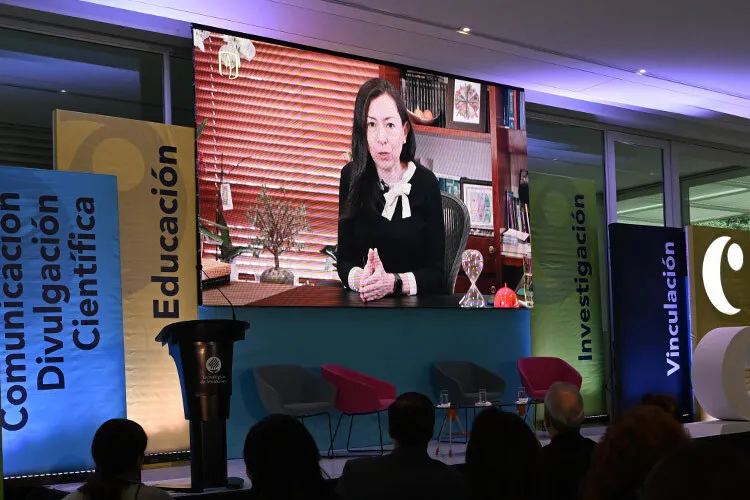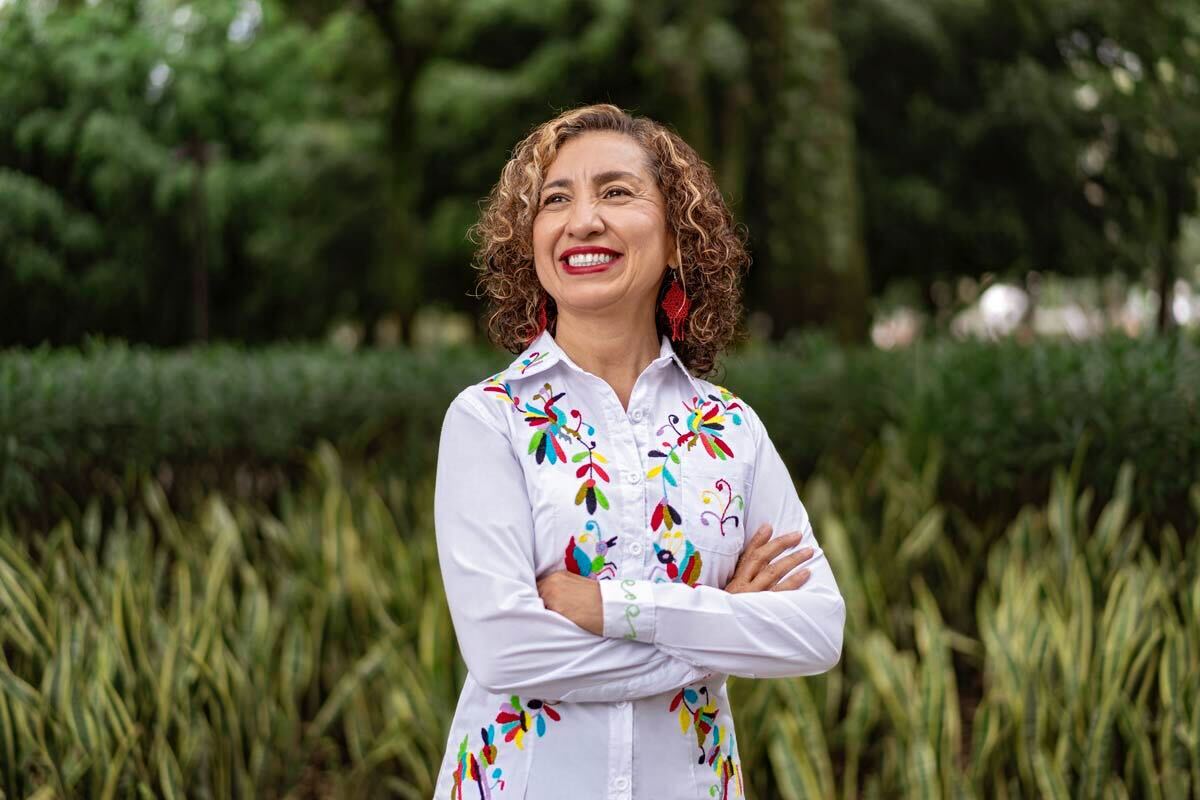Children’s brains triple in size and generate twice as many connections in the first three years of life, expanding until they reach their first decade.
The first five years of someone’s life are crucial in their development, accounting for around 80% of their cognitive ability.
This period provides an opportunity to improve Latin American countries’ growth, says Raquel Bernal, who has dedicated her investigation to social economy and human capital, especially during this early stage of life. She is also a rector of Colombia’s University of the Andes.
Bernal participated in the First International Early Childhood Forum, which was held at Tec de Monterrey, during the Early Childhood Center inauguration.
“Everything that happens during this period, including stimulation and experiences, shapes the child’s brain architecture. It is critical to capitalize on this and invest as much as possible to ensure the consolidation of their learning ability”, she said.
The brain’s development during childhood.
According to the Inter-American Development Bank, the first 1000 days of life are symbolized by a “Neuronal Big Bang,” with around 1000 brain connections being formed each second.
Bernal highlighted that investing in Early Childhood is a once-in-a-lifetime chance to enhance social development in areas such as education, language, and nutrition.
She emphasized the significance of closing the gaps within these areas, particularly between socioeconomically vulnerable and more privileged households.
“These gaps in Early Childhood are of great concern because they are the origin of the inequality in Latin America,” she stated.
She added that family efforts become insufficient due to a lack of economic means, education, and even essential time.
For example, there has been a drop in breastfeeding, primarily due to a lack of time, as well as a decrease in balanced nutrition for children throughout the day. Bernal said that just 40% of children enjoy a healthy diet.
Bernal added that a newborn with a higher education mother has a 90% chance of getting involved with at least four recreational and learning activities, but this probability ranges only between 10% and 20% in disadvantaged homes.
“For example, a five-year-old in a privileged home speaks like a five-year-old, but in a resource-scarce home, they speak as if they were three, indicating a lag of one to two years,” said the rector.
A Unique Opportunity to Invest in Early Childhood
This disparity exacerbates inequality, causing further difficulties in the Latin American area; therefore, investing in early childhood is critical in addressing these difficulties.
The rector emphasized the government’s responsibility in assisting families that face financial, time, and knowledge limitations.
Actions that the government could regulate include programs to enhance family nutrition, early childhood education, and child health.
Another important factor in improving Latin American children’s quality of life indicators is early childhood learning and the relevance of having experts in the sector.
Specialized teacher training and educational programs with a defined curriculum designed for Early Childhood development become essential in this aspect.
Bernal claims that curricular flexibility appears to be adverse in early childhood because clear learning objectives and particular pedagogical approaches, instead of improvisation, are essential.
Infrastructure is also critical, with more learning and entertainment areas for children to supplement these specialized activities.
“I believe that to progress, political will is crucial, and initiatives like the Early Childhood Center and Tec are changing the compass to make governments understand that it is a fair, efficient, and important investment for our countries,” concluded.


















